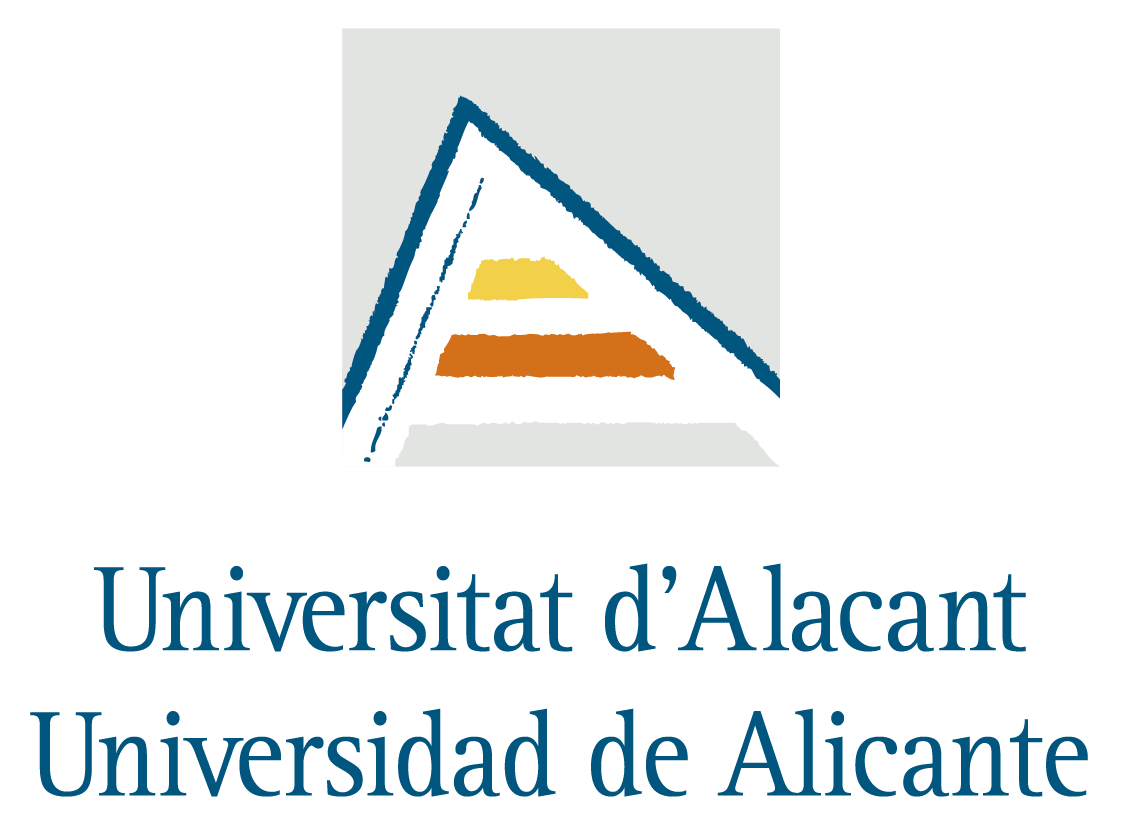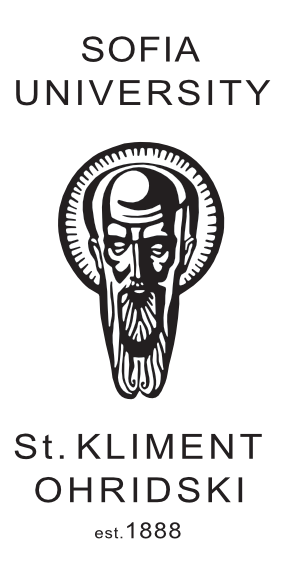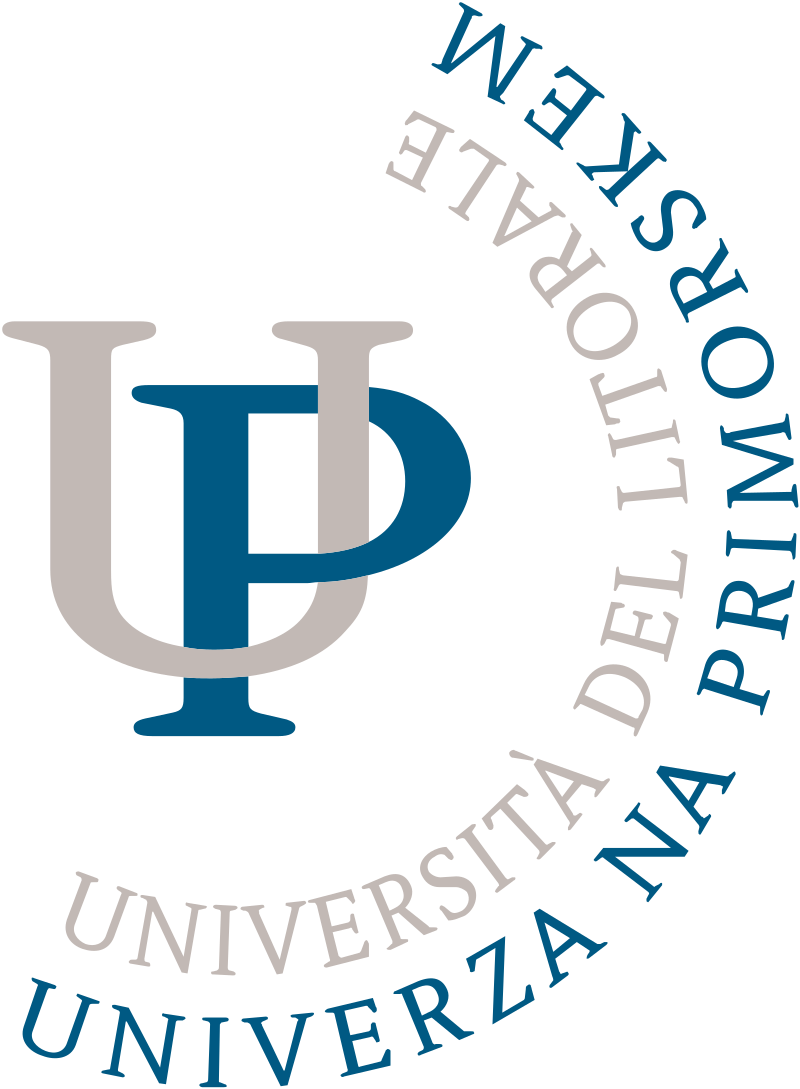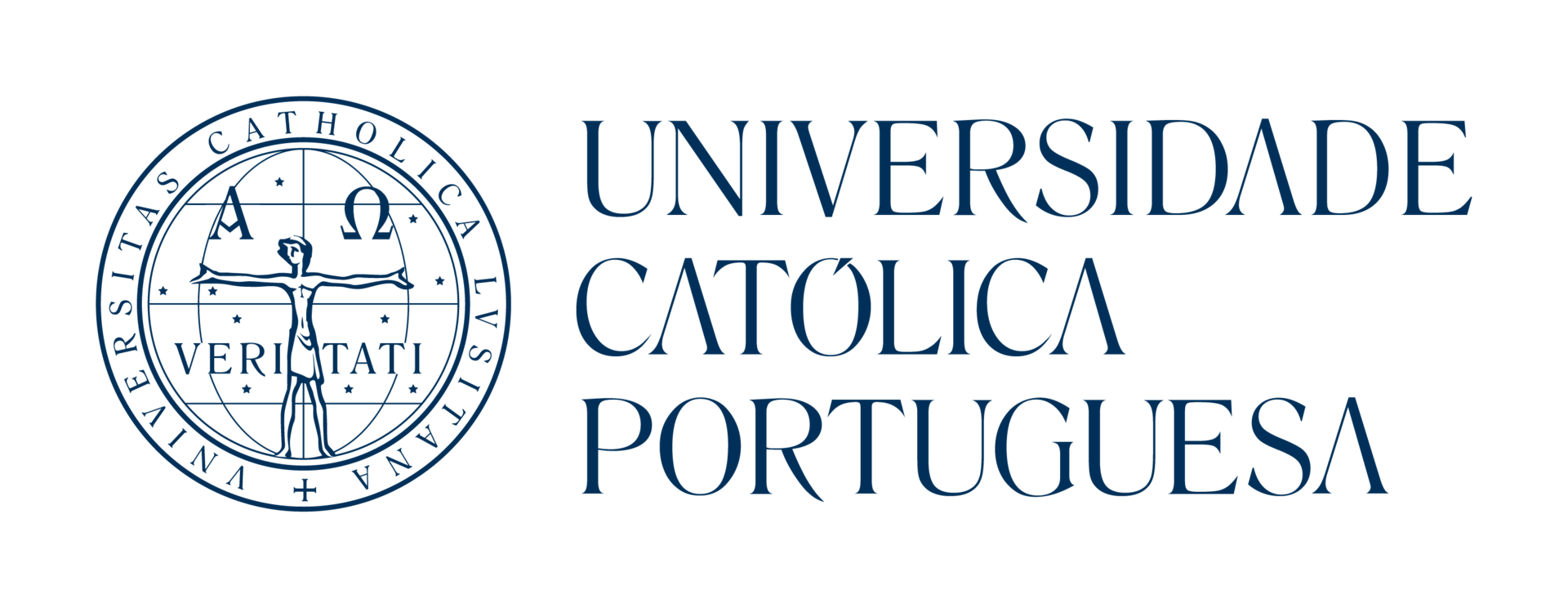Transform4Europe Allianz
Die Europäische Hochschulallianz Transform4Europe besteht aus Universitäten in Spanien, Portugal, Estland, Polen, Bulgarien, Italien, Litauen, Frankreich, Slowenien, der Ukraine und Deutschland. In der Allianz finden zahlreiche Veranstaltungen und Angebote für Studierende, Forschende und Mitarbeiter:innen statt - wir halten Sie auf dem Laufenden!
-
-
Aktuelle Ausschreibungen
more Aktuelle Ausschreibungen
-
Wichtigste Aktivitäten
more Wichtigste Aktivitäten
-
Schauen Sie auch gerne bei der Hauptseite der Allianz
oder unseren Instagram, Facebook oder Youtube-Kanälen vorbei!
T4EU - kurz erklärt
Akktuelle Ausschreibungen für Studierende
T4EU Week
Während der Transform4Europe-Woche erwartet Sie neben einem großen Kursangebot, Workshops und gemeinsamen Forschungsprojekten auch die Möglichkeit, Einblicke in Universitäten der Partnerländer zu bekommen und neue Städte sowie Studierende bei einem vielseitigen kulturellen Angebot kennenzulernen. Die Ausschreibungen werden hier veröffentlicht.
Bachelor Tracks (Virtuelles Kursangebot)
Das Transform4Europe Studienprogramm vermittelt digitale, interkulturelle und unternehmerische Kompetenzen und bildet junge Europäer:innen interdisziplinär und praxisnah aus. Die Universitäten bieten ein breites virtuelles Kursangebot an, worüber Studierende auch Veranstaltungen zu Themen, die die eigene Universität nicht abdeckt, besuchen können. Hier gibt’s weitere Informationen und das Kursangebot.
Languages for Lunch/Tapitas de Español
Wöchentlich während der Vorlesungszeit: Verbinden Sie Spanisch lernen und Snacken bei den „Tapitas de español“ in der KHG. Hier geht’s zum Instagram-Account der Tapitas.
Summer Schools
Ob Hackathon, Animationskurse oder Veranstaltungen zu Sprache und Kultur – die T4EU Summer Schools haben eine Bandbreite an Möglichkeiten zum Sammeln neuer Eindrücke an anderen Universitäten, kultureller Erfahrungen und ECTS; die Reisekosten werden von Transform4Europe übernommen. Die Ausschreibungen werden hier veröffentlicht.
Auslandssemester an einer T4EU Partneruniversität
Auch ein Auslandssemester mit Erasmus+ an einer Transform4Europe Partneruniversität ist möglich! Nähere Informationen und eine Bewerbungsanfrage gibt es hier.
T4EU PhD Tracks
Im Rahmen der Europäischen Hochschulallianz Transform4Europe haben Promovierende die Möglichkeit, einen individuellen PhD Track zu absolvieren. Dabei handelt es sich um eine Begleitung der Promotion in Form eines Mentorings durch Lehrende einer T4EU Partneruniversität mit einem dortigen Forschungsaufenthalt.
Bitte beachten Sie: Es wird bei einem PhD Track kein ausländischer Doktorgrad verliehen und es handelt sich nicht um ein Betreuungsverhältnis im formalen Sinne. Die Betreuung findet nach wie vor an der Universität statt, an der das Promotionsprojekt angesiedelt ist.
Mehr Informationen finden Sie auf der allianzübergreifenden T4EU-Website:
Es bestehen verschiedene Möglichkeiten der Finanzierung (z.B. über ERASMUS), die im Einzelfall abgeklärt werden. T4EU bietet Unterstützung bei der Suche nach passenden advisors; kontaktieren Sie dafür bei Interesse: anna-maria.braun@uni-saarland.de
Aktuelle Ausschreibungen für Lehrende & Forschende
Bachelor Tracks (Virtuelles Kursangebot)
Das Transform4Europe Studienprogramm vermittelt digitale, interkulturelle und unternehmerische Kompetenzen und bildet junge Europäer:innen interdisziplinär und praxisnah aus. Im Rahmen von Transform4Europe können Sie Ihre virtuellen Kurse für die T4EU-Partneruniversitäten öffnen, damit Studierende anderer Universitäten diese besuchen können. Hier gibt’s weitere Informationen und das Kursangebot.
Antworten auf häufig gestellte Fragen finden Sie durch das Klicken auf den untenstehenden Button.
Seed Funding
Förderung durch den Internationalisierungsfonds der UdS oder über T4EU von gemeinsamer Forschung und Lehre für Projekte mit mindestens zwei T4EU-Universitäten. Unterstützt werden Initiativen aus allen akademischen Disziplinen und die Entwicklung von Lehrmaterialien.
Connect4Research
Das Tool vereinfacht die Zusammenarbeit zwischen Forschenden der Allianz und ermöglicht den Zugang zu wichtigen Forschungsinfrastrukturen der Partner.
Chair Exchange
Der Lehrendenaustausch fördert die Mobilität von Lehrkräften durch verschiedene Aktivitäten, die von der Gastuniversität festgelegt werden. Dabei kommen innovative Lehrmethoden zum Einsatz, die Abwechslung und Flexibilität in die Studienprozesse bringen und die Zusammenarbeit in relevanten Forschungsbereichen stärken.
Aktuelle Ausschreibungen für Mitarbeitende
Professional Development Programme
Das Personal Development Programme bietet umfassende Fort- und Weiterbildungen, die von allen Partneruniversitäten zusammengestellt werden. Das englischsprachige Kursangebot umfasst eine Vielzahl von Webinaren, die darauf abzielen, die beruflichen Fähigkeiten und Kenntnisse der Teilnehmenden zu erweitern und zu vertiefen. Das jeweils aktuelle Programm wird hier veröffentlicht.
Alle Materialien und Videoaufzeichnungen finden sich hier
Job Shadowing
Lernen Sie Arbeitsprozesse in anderen Ländern kennen und übernehmen Sie Best Practices durch einen Arbeitsaufenthalt in einem fremden Team. Sprechen Sie dazu gerne die lokale Transform4Europe Koordination an!
Transformational Leadership Programme
Das Fortbildungsprogramm für Führungskräfte kombiniert virtuelle und Präsenzmodule und wird in Zusammenarbeit mit unseren Partneruniversitäten gestaltet. Es zielt darauf ab, Führungskräfte durch interaktive Online-Sitzungen und intensive Präsenzworkshops weiterzubilden. Das jeweils aktuelle Programm wird hier veröffentlicht.
Staff Weeks
Zusammenarbeit und Austausch zu Themen wie organisatorischen Herausforderungen, innovativen Strukturen und sozialem Dialog stehen im Fokus der Staff Weeks. Diese Fortbildungsmobilität wird von der gastgebenden Universität organisiert und folgt einem strukturierten Programm, das den Teilnehmenden wertvolle Einblicke bietet. Die Ausschreibungen werden hier veröffentlicht.
Members of the Transform4Europe alliance

The University of Alicante is a Spanish university whose campus is located in San Vicente del Raspeig in the province of Alicante in south-east Spain. The university was established in 1979 and currently has around 26,000 students enrolled.

The Estonian Academy of Arts is a public university located in Estonia's capital city Tallinn. The Estonian Academy of Arts (EKA) was founded in 1914 as a school of applied arts by the Estonian sculptor Jaan Koort and today has departments in the fields of architecture, design, art history, media studies, conservation and fine arts.

The University of Silesia in Katowice was established in 1968 through the merger of the Katowice branch of the Jagiellonian University (Kraków) and the Pedagogical Institute in Katowice, which had been in existence since 1928. About 22,000 students are currently enrolled in the university's 7 faculties.

With around 25,000 students and 15 faculties, Sofia University St. Kliment Ohridski is the largest university in the Bulgarian capital Sofia. The university takes its name from its patron saint, the scholar Kliment of Ohrid. It was founded on 1 October 1888 and is the oldest higher education institution in Bulgaria.

Founded in 1924, the University of Trieste today has around 27,500 students and a teaching staff of about 1000 in 12 faculties.

Vytautas Magnus University is a university in Kaunus, Lithuania. It was founded in 1922 and was originally known as the University of Lithuania.

Die Jean Monnet Universität in Saint-Étienne wurde 1969 gegründet und hat rund 20.000 Studierende. Sie ist Mitglied der Universitätsgemeinschaft Lyon-Saint-Étienne, einem akademischen Exzellenzstandort, der mit fast 150.000 Studierenden das zweitgrößte Forschungs- und Ausbildungszentrum in Frankreich ist. Es gibt fünf Fakultäten, die sich auf fünf thematischen Campus in Saint-Étienne und Roanne befinden.

Die Universität Primorska wurde 2003 gegründet und hat Standorte in Koper, Izola und Portorož. Benannt wurde sie nach der slowenischen Region Primorska ("Küstenregion"). Rund 5.700 Studierende, davon ca. 20% aus dem Ausland, werden an den sieben Fakultäten ausgebildet, zudem hat die Universität noch zwei Forschungsinstitute.

Die 1967 gegründete Katholische Universität Portugal verbindet ihr Erbe mit der Ambition, eine nachhaltigere Zukunft durch innovative Lehre und Forschung zu schaffen. Die Standorte der Universität erstrecken sich über Lissabon, Porto, Braga und Viseu. Rund 20.000 Studierende verteilen sich über die sieben Fakultäten, sechs Schulen und zwei Institute.
Die Staatliche Universität Mariupol besteht aus 5 Fakultäten und 21 Fachbereichen, in denen 250 hochqualifizierte Lehrkräfte tätig sind. Zu den Lehrkräften gehören Doktoranden und Doktoren der Wissenschaften der MSU und anderer angesehener Universitäten der Ukraine sowie führende Wissenschaftler und Praktiker aus dem Ausland.

Saarland University was founded in 1948 under the auspices of the French government as a bilingual university. The university has earned an international reputation for its research in computer science and informatics and for work in the life sciences and nanosciences.
Contact
Lukas Redemann
Internal project coordination at the UdS
IB | Internationalisation Department
Tel.: +49 681 302-2879
lukas.redemann@uni-saarland.de
Team T4EU
Hier finden Sie das Transform4Europe-Team der Universität des Saarlandes.
Verantwortlich für die Inhalte dieses Webangebots
Sonja Karb-Ressing
Campus A4 4, Raum 2.34
66123 Saarbrücken
Tel.: +49 681 302-3316
sonja.karb-ressing(at)uni-saarland.de






